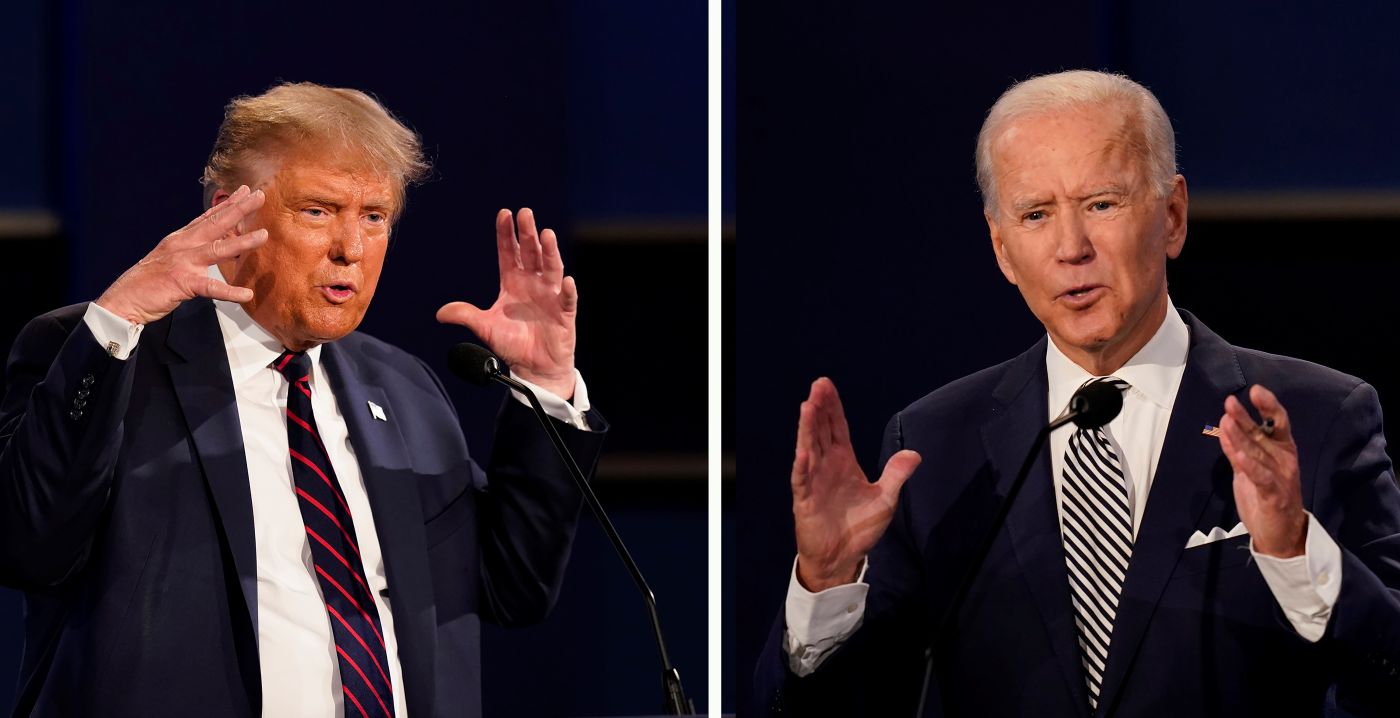
Brotman: Move on from Trump-Biden election debates
Although Democrats and Republicans now have their presumptive presidential nominees in place — Joe Biden and Donald Trump, respectively — there remains uncertainty as to whether they will ultimately agree to multiple televised debates during the final stretch of the general election.
In an unprecedented move, major media organizations have banded together to urge both parties to make firm commitments that their candidates agree to these debates. ABC News, CBS News, CNN, NBC/Universal News Group, Fox News Media, The Associated Press, C-SPAN, NewsNation, Noticias Univision (Univision Network News), NPR, PBS NewsHour and USA Today made their case in a recent joint letter to both campaigns.
“General election debates have a rich tradition in our American democracy, having played a vital role in every presidential election of the past 50 years, dating to 1976. In each of those elections, tens of millions have tuned in to watch the candidates debating side by side, in a competition of ideas for the votes of American citizens,” the media organizations said.
However, what is left unsaid in the letter is whether there is any objective evidence that these debates, aside from being part of a “rich tradition,” really will make any difference with the voting public. Those who have studied this matter carefully seem to conclude that the presidential debates are more performance art than actual ways to inform ballot box decision-making.
For example, in 2019, Vincent Pons, an associate professor at Harvard Business School, and graduate student Caroline Le Pennec of the University of California, Berkeley, produced a working paper analyzing the influence of 56 televised debates on 31 elections in the United States, the United Kingdom, Germany, Canada and three other countries. Across all these voting systems and election types, Pons and Le Pennec found that debates neither helped undecided voters to make up their minds nor caused those who had already decided to switch candidates.
“I was surprised,” Pons reflected in a Scientific American interview. “If you look at the numbers of people watching TV debates and at all the media attention around debates, you would think debates matter.”
With most voters destined to be locked into Biden or Trump by late summer, how they rise or fall in debates is unlikely to flip decisions about how they are going to vote.
Instead of conveying their current collective promotion of televised debates, major media organizations should act in unison to improve the overall electoral process.
These media organizations have enormous resources to encourage voter registration, turnout and early voting in states that allow it. A new joint letter to the campaigns that sets forth specific actions they will take in all three areas would represent more impactful ways to guarantee a robust, free and fair election. The airtime planned for debates can and should be devoted to these more worthy activities.
Stuart N. Brotman is the author of “The First Amendment Lives On.” He is an endowed professor of journalism and electronic media at the University of Tennessee/InsideSources


